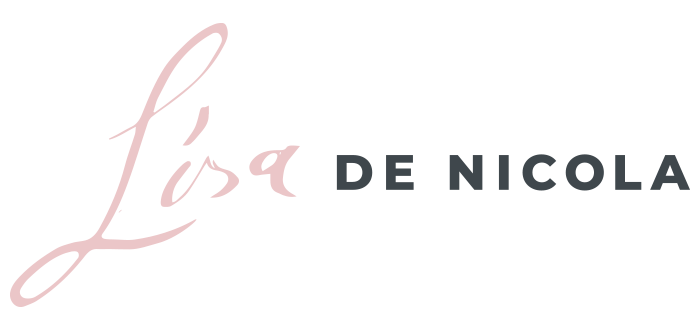There’s been a collection of buzz words we heard a lot since the pandemic, resilience being one of them. As it relates to corporate, much of the focus has been on organizational resiliency, even when we speak of leadership resiliency.
Driving an organization to success in uncertain times while the future continues to be unknown is important, yet, the kind of resiliency that’s going to support you in leading others through disruptive times is your personal resiliency as a leader.
One of the lessons that stand out to me is the need to cultivate resiliency on an ongoing basis. A global crisis doesn’t wait for us to see if we’re resilient and instead sheds a light on recognizing resiliency as a skill that should be developed on the regular.
Not because we expect the worst and anticipate a setback or any sort of crisis, and instead because the only constant IS change. There’s an opportunity to look at resiliency through a lens that asks us to look at how we overcome obstacles that may not always be dire.
If we struggle with overcoming even the most insignificant challenges, how can we expect to overcome a true crisis?
We sometimes experience a change in our lives that requires us to respond and move forward, yet they’re small in nature and occur on a regular. Consider the events in your business that weren’t nearly as chaotic as what we faced with COVID and other life events we’ve all experienced at one point or another from a career transition, lay off, surmounting family pressures all inevitably seeping into our work life.
In other words, what you may have faced in your business or personal life likely was impacted in all areas of your life. Just as when you make improvements in one area of your life, the other areas will likely be impacted.
Nothing is separate and, everything IS connected. It took a pandemic to quite literally illustrate that when most of the world transitioned to remote work. What line between work and personal?
If we can practice overcoming the tiny pebbles of change (perhaps such as those mentioned above), the bigger ones that can feel like mountains in front of us seem more achievable.
In fact, if you haven’t cultivated resiliency as a leader and only began working on developing it when a crisis hit, it doesn’t offer reassurance in how you’ll guide others through disruptive times.
Most people will look to not only how you overcome obstacles and setbacks, i.e., your plan, your strategy but also how you face them. Facing them demonstrates strength, courage, bravery and the opportunity to bring people together.
Here are a few practical ways to develop resiliency and can be applied in your day-to-day:
- Prioritize self-reflection – one of the most common practices I notice that is widely underused and underdeveloped is self-reflection. You’d be surprised how many people don’t prioritize time to be introspective (or simply don’t enjoy it) however, it’s the easiest and I believe a vital practice to develop as a leader.
There’s also been research that shows how reflection improves productivity and performance, yet it still isn’t adopted as a practice! There are reasons behind this that I’ll share another day.
Self-reflection, practicing mindfulness or meditation are easy and practical things you can do daily. I categorize these 3 practices together as they generally support the same goal of slowing down and going inwards. Reflection over time helps to deepen awareness, and when using that time well, helps you to process in a way that creates room for solutions and possibilities to be born.
In a time of any setback, no matter how big or small, this time is so precious! And is needed to help identify real sustainable solutions.
2. Challenge your beliefs – it’s human nature for us to allow our mind to consider the worst-case scenario, in fact, in psychology, they call it “catastrophic thinking.” That may seem extreme and you may even say your mind doesn’t go so far as to respond that way when faced with a challenge, yet some do!
This is where self-reflection is helpful. Consider a challenge or obstacle you’re facing. Again, we’re trying to develop resiliency on the smaller challenges so we can work our way to dealing with bigger ones. Ask yourself: What beliefs do you have about what’s happening? Is it true? What’s in your control? Do you have all the intel and facts to support what’s happening?
When we take time to challenge our beliefs about what’s happening to us plus, what we make it mean about US, we can sort through our fears and assumptions more clearly and identify our next steps.
3. Respond & identify the lessons – facing a setback head-on is half the battle. How you respond is another. Responding can mean: processing first, speaking to a trusted friend, colleague or family member, creating a plan or strategy to solve or reconcile the setback.
Are you thoughtful and attentive when overcoming a setback? Do you take time to identify solutions that are in your OR other’s best interest (if others will also be impacted)? Do you seek support or guidance if needed?
All important questions to ask. Once you’ve identified a solution and you’ve overcome a setback, do you allow yourself time to consider the lessons learned from the experience? Again, this ties back into being self-reflective.
Resiliency is a skill we all have within us yet, it’s our responsibility to strengthen it to sustain the more trying experiences and times in our lives.
As leaders, you have a responsibility to cultivate it before a crisis hits so your people can trust you to provide guidance and direction when seeking support.
I would love to hear from you!
Do you consider yourself to be resilient? If so, what’s a common practice you have turned to to help you strengthen your resiliency?
With love,
Lisa







